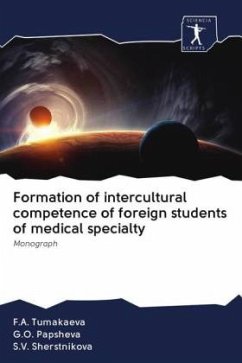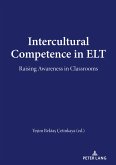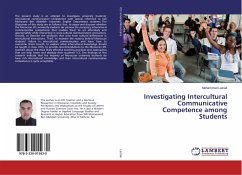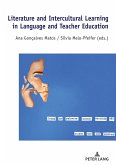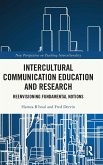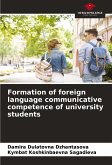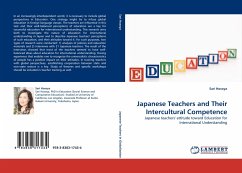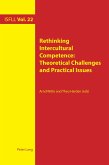The increasing intensity of intercultural contacts creates new requirements for university graduates. They must be able to interact effectively with speakers of different languages and cultures, in line with modern trends. Meanwhile, the goal of teaching foreign languages is also being transformed - the skill of overcoming cultural barriers is given as much importance as the ability to cope with language difficulties. As a result, most legal and regulatory instruments formulate the right to learn language and culture together and enshrine the development of students' intercultural competence. Whereas previously only a narrow group of professionals whose activities were directly related to international cooperation needed intercultural competence (IAC), today, in an era of globalization, such competence is becoming key for all professions. Among other medical professionals, they also have to take into account the cultural specificities of the parties involved in interaction in a medical institution. Since, in general, all aspects of doctor-patient communication are influenced by culture, it has become an essential and key factor in effective care. In this monograph, the authors consider the problem of forming intercultural competence among foreign medical students during their studies.
Bitte wählen Sie Ihr Anliegen aus.
Rechnungen
Retourenschein anfordern
Bestellstatus
Storno

